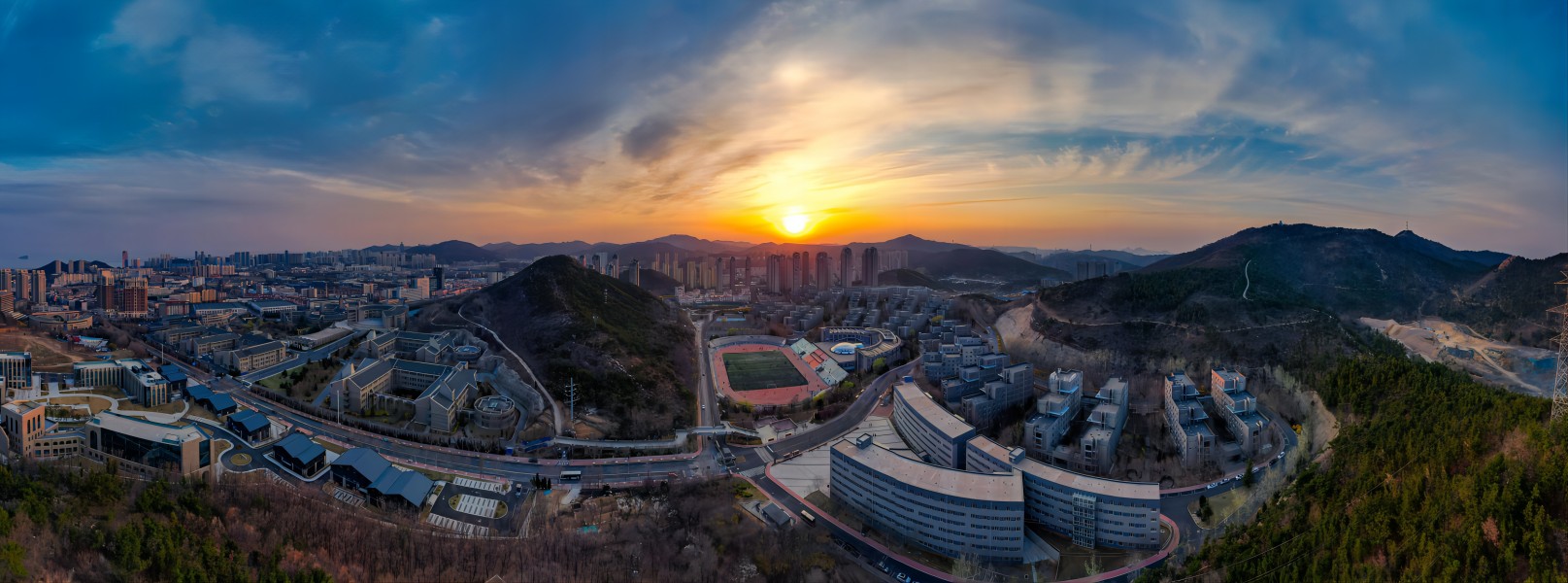The International Symposium on Engineering Education Reform and Development Against the New Tech Era & the 2019 Asian Regional Conference on CDIO, which was hosted by DNUI and lasted for three days, was wound up with positive results. Over 300 scholars from universities home and abroad and professionals from a range of industries, including foreign guests were from Australia, Singapore and Japan, gathered in the coastal city to contribute their insights to the discussion of Revolution and Development of Engineering Education Against the New Tech Era
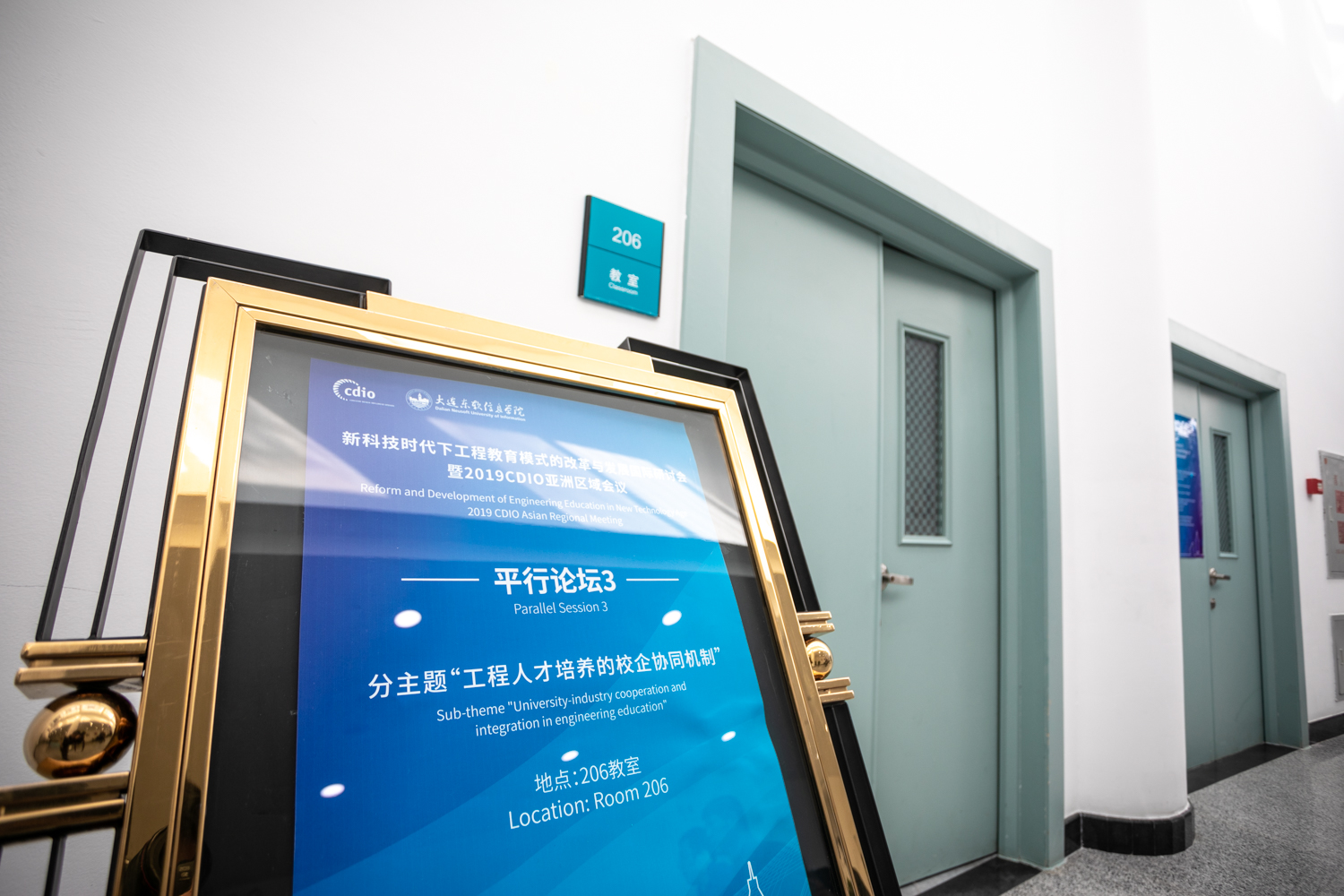
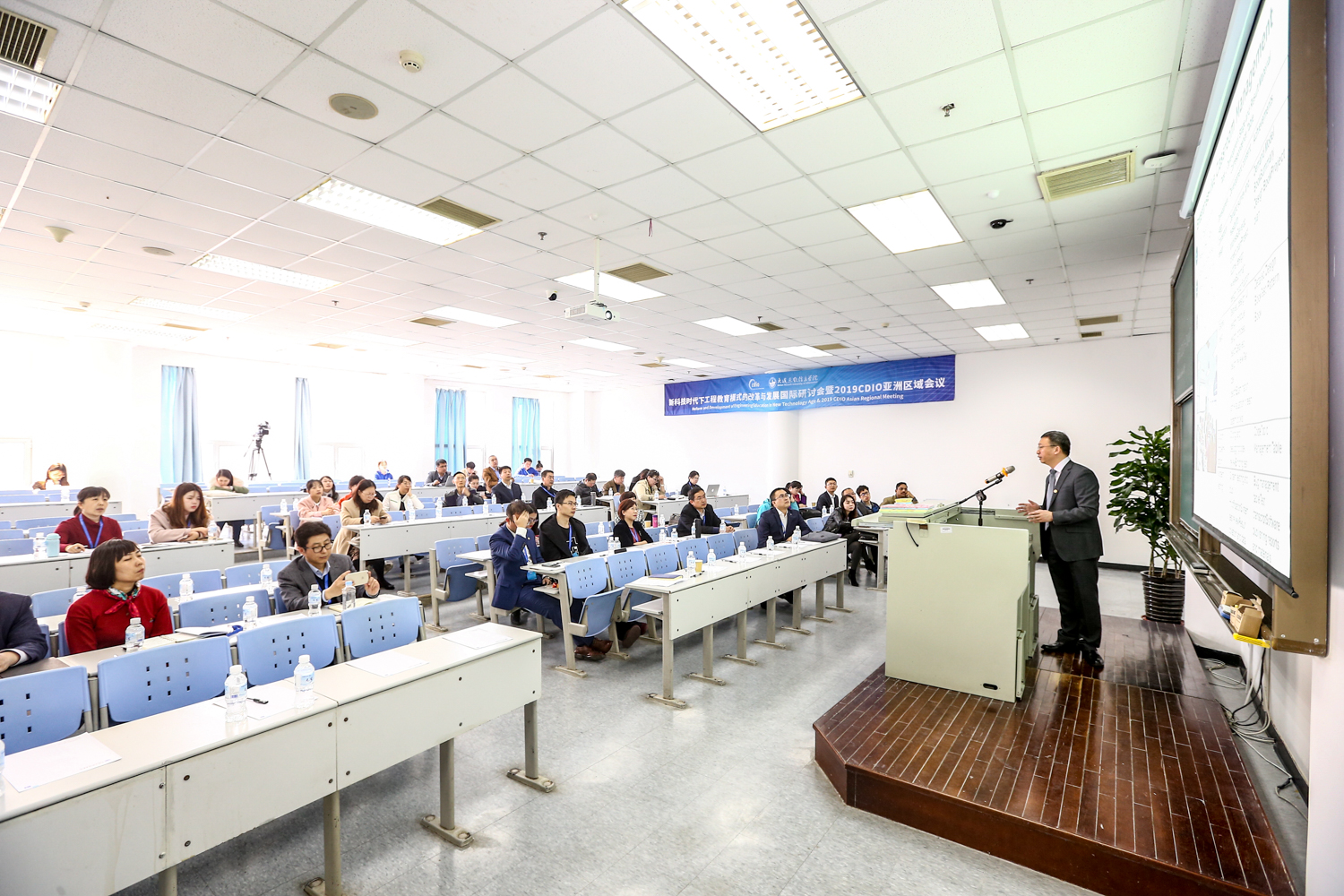
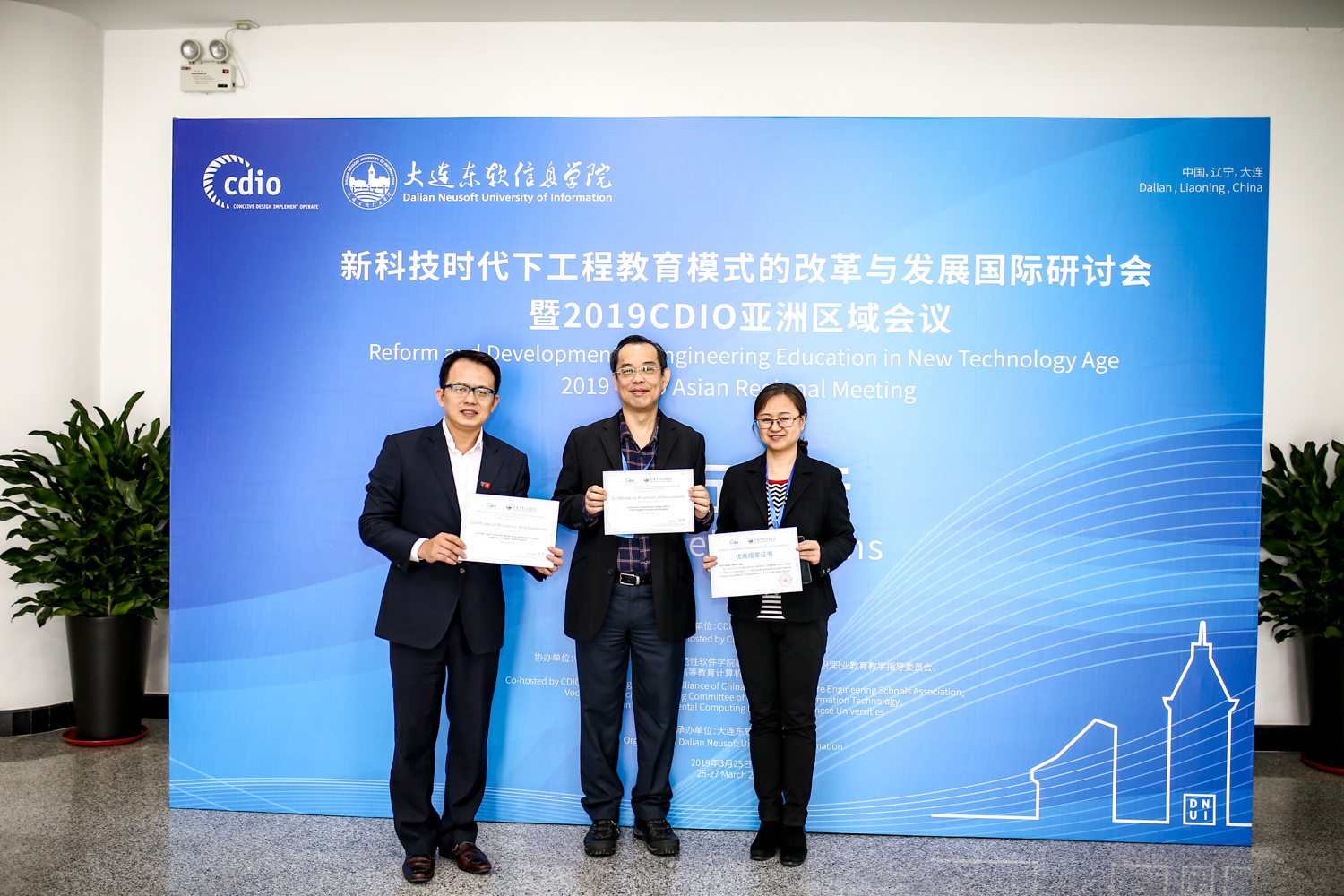
At the four parallel forums of the event held in DNUI on Mar. 26, the experts and scholars conducted in-depth discussions on the mode of engineering talents cultivation, construction of curriculum system, university-enterprise cooperation mechanism and the assessment of learning effects. Afterwards, the guests visited SOVO of DNUI, the School of Digital Arts and Design and the university library, showing approval of the exploration and practice of the integrated mode of instructing students under the guidelines of TOPCARES.
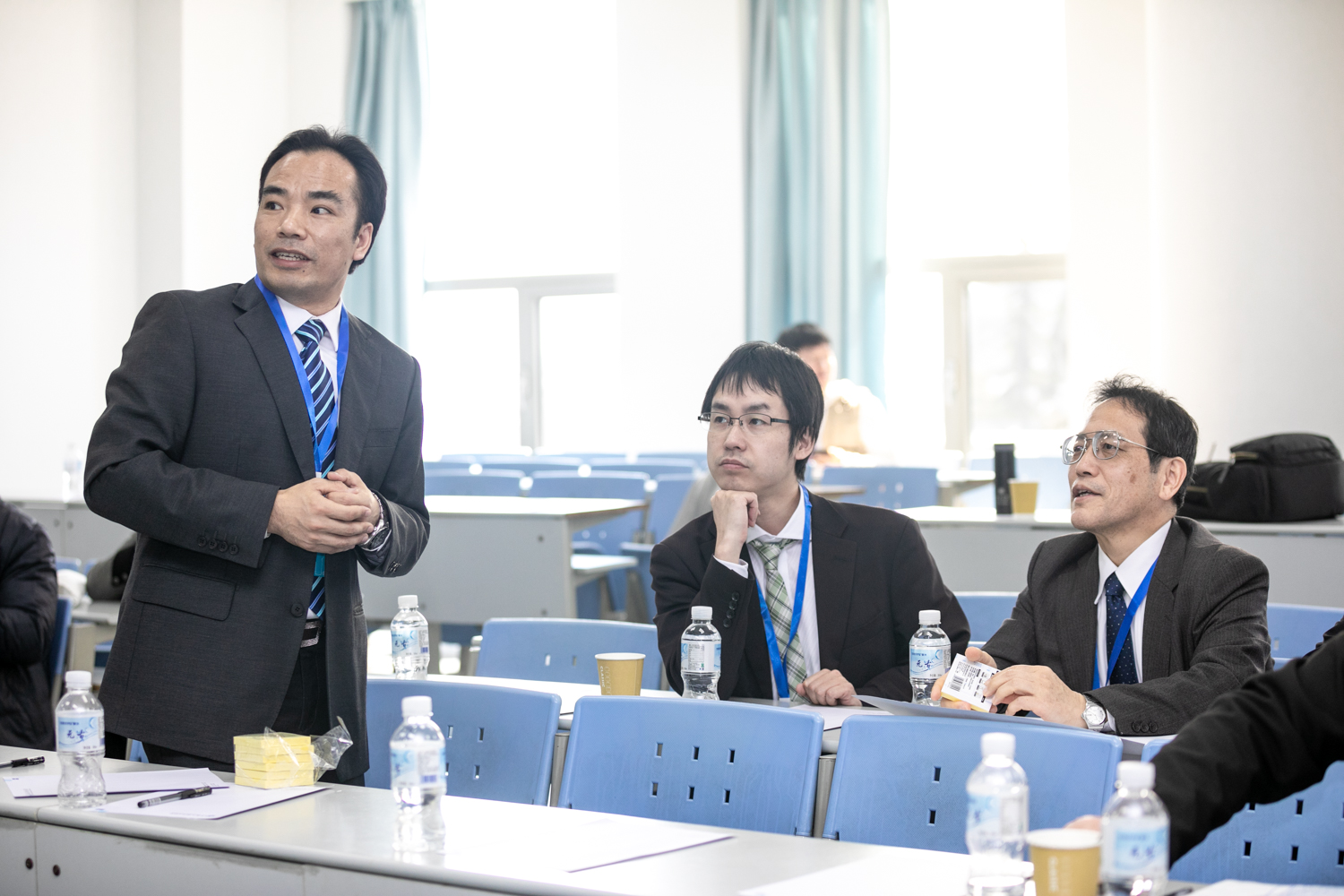


On Mar. 27, representatives from member universities of CDIO International Cooperation Organization met to discuss the application of 7 Asian universities for entry into the group and decided on the new members. On the sidelines of the conference, DNUI inked and exchanged agreements for cooperation with Vel Tech University of India on student exchange and teacher collaboration.
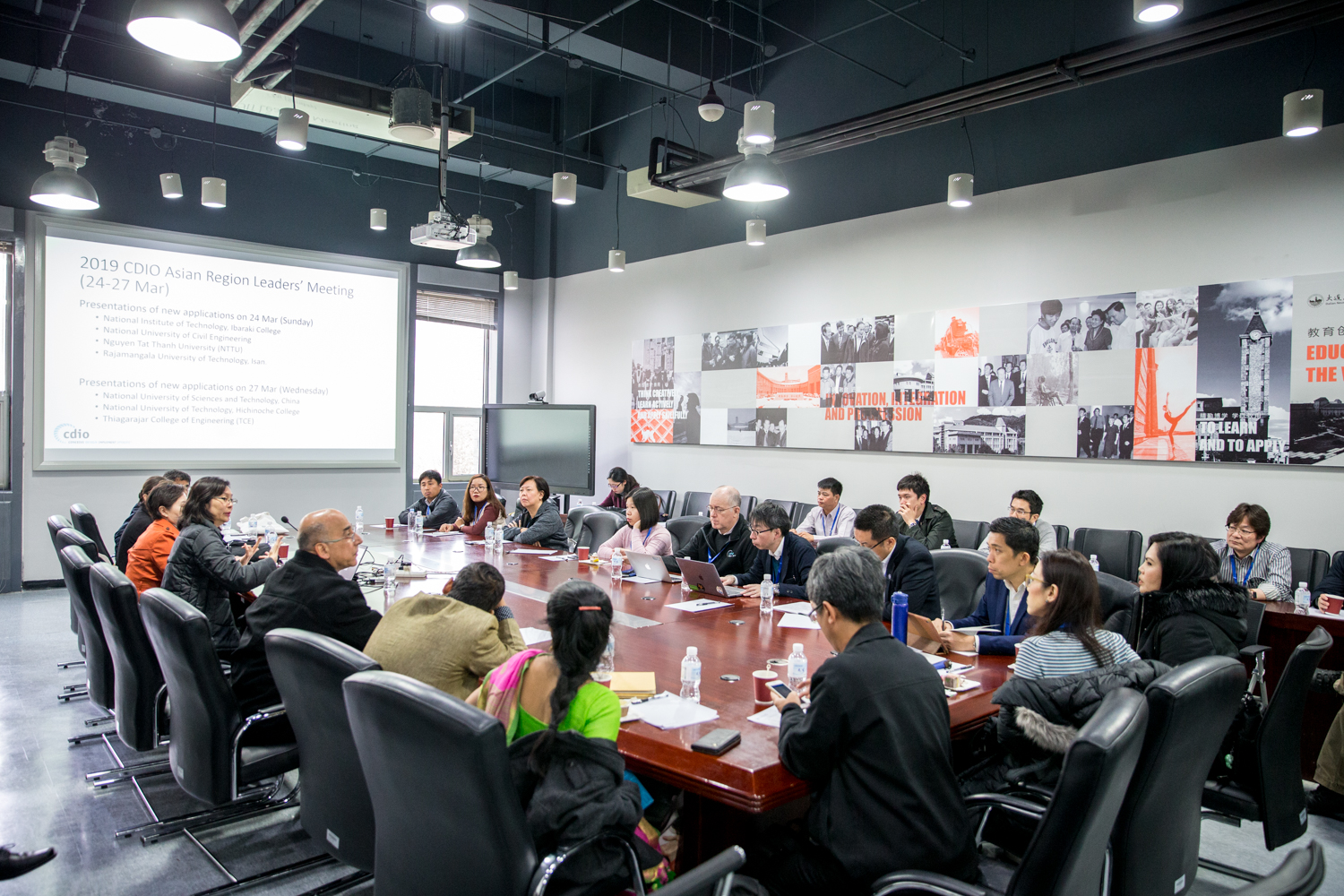
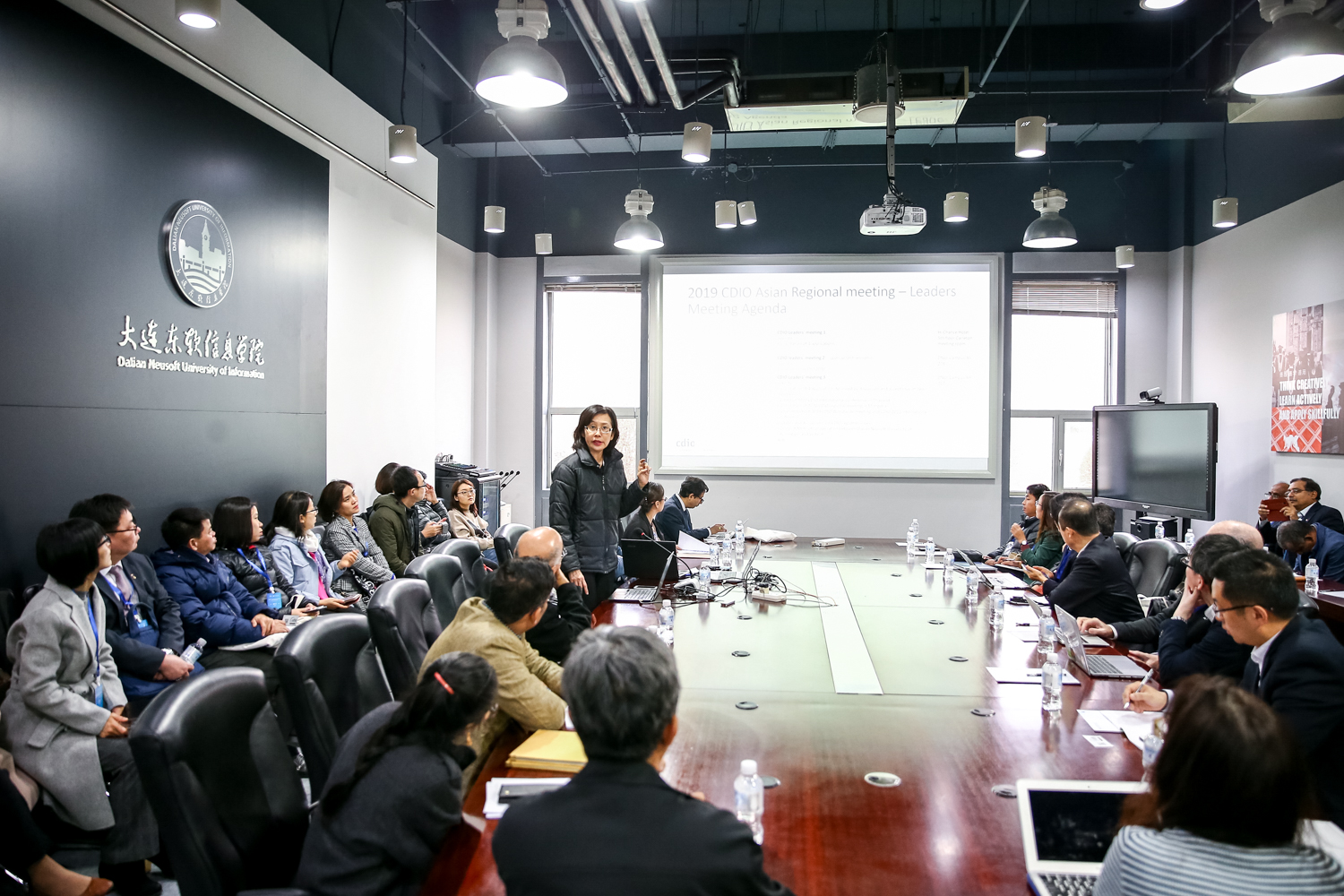
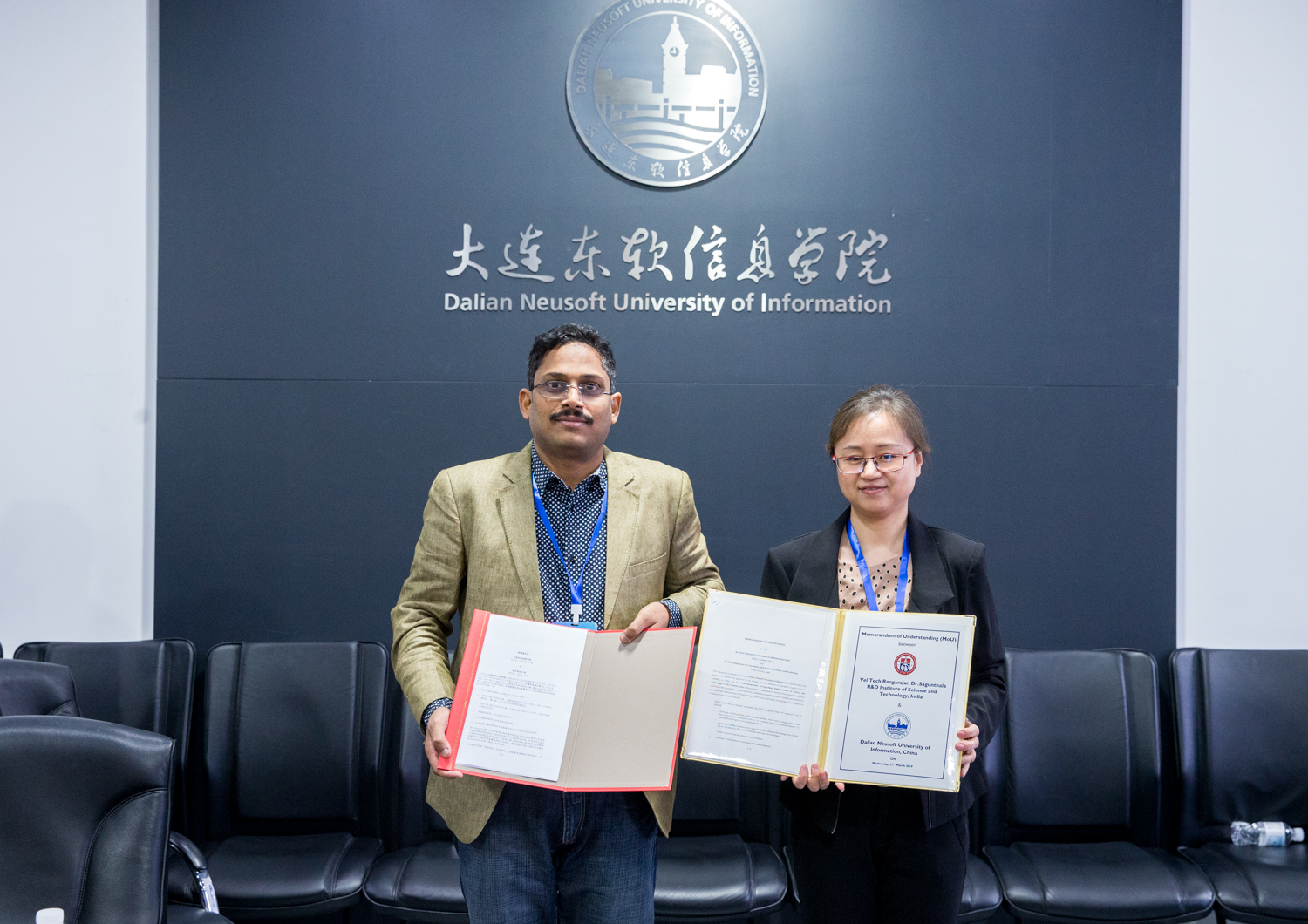
At the conference, the experts and scholars exchanged thoughts on the status quo and future of engineering education, new requirements of the new economic and social developments for the training of engineering people and the cooperation of engineering education in Asia. A string of new ideas and thoughts were put forward.
Parallel forum I: Where ideas and thoughts meet
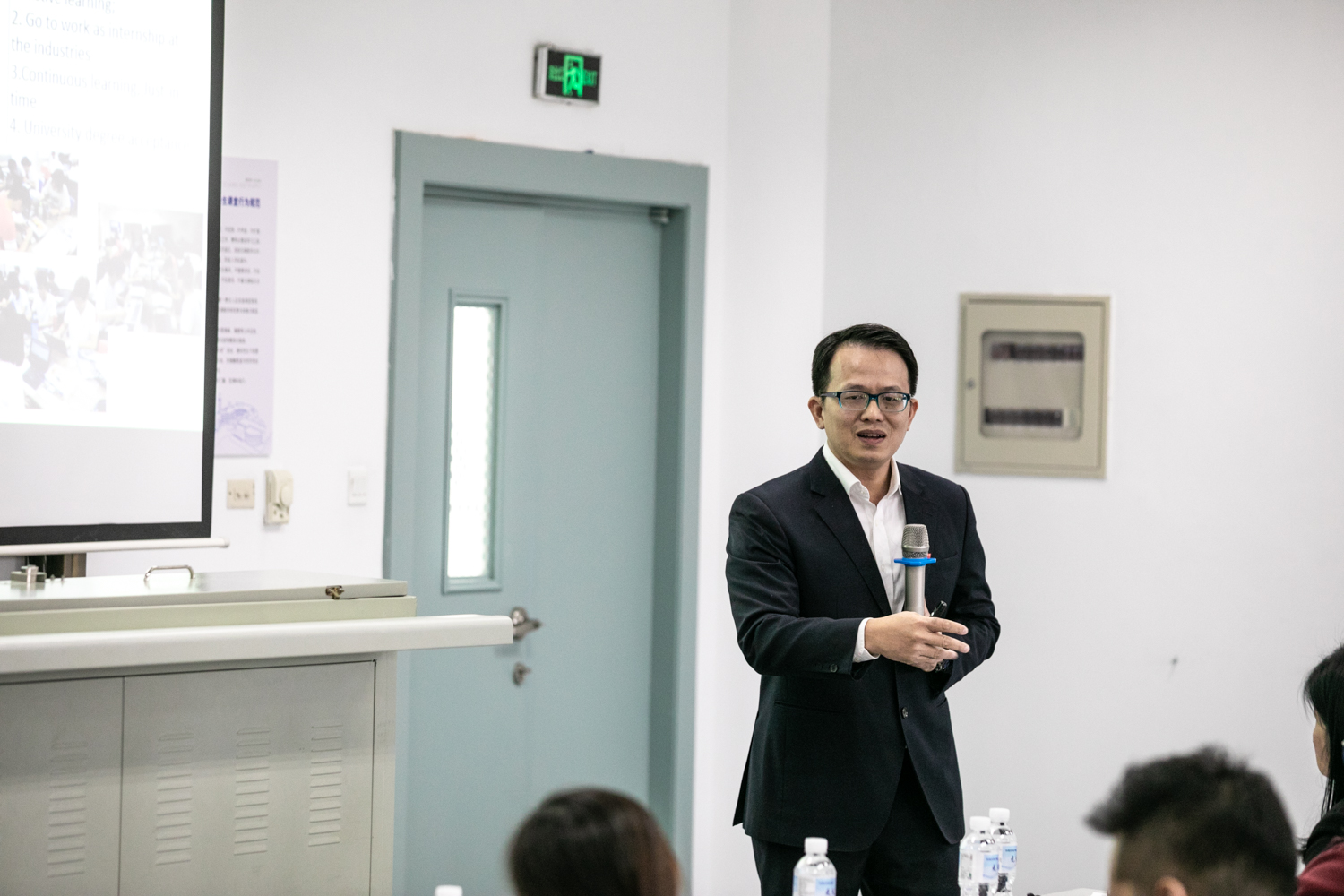
Hoang Viet Ha /FPT University, Vietnam/Vice Presid
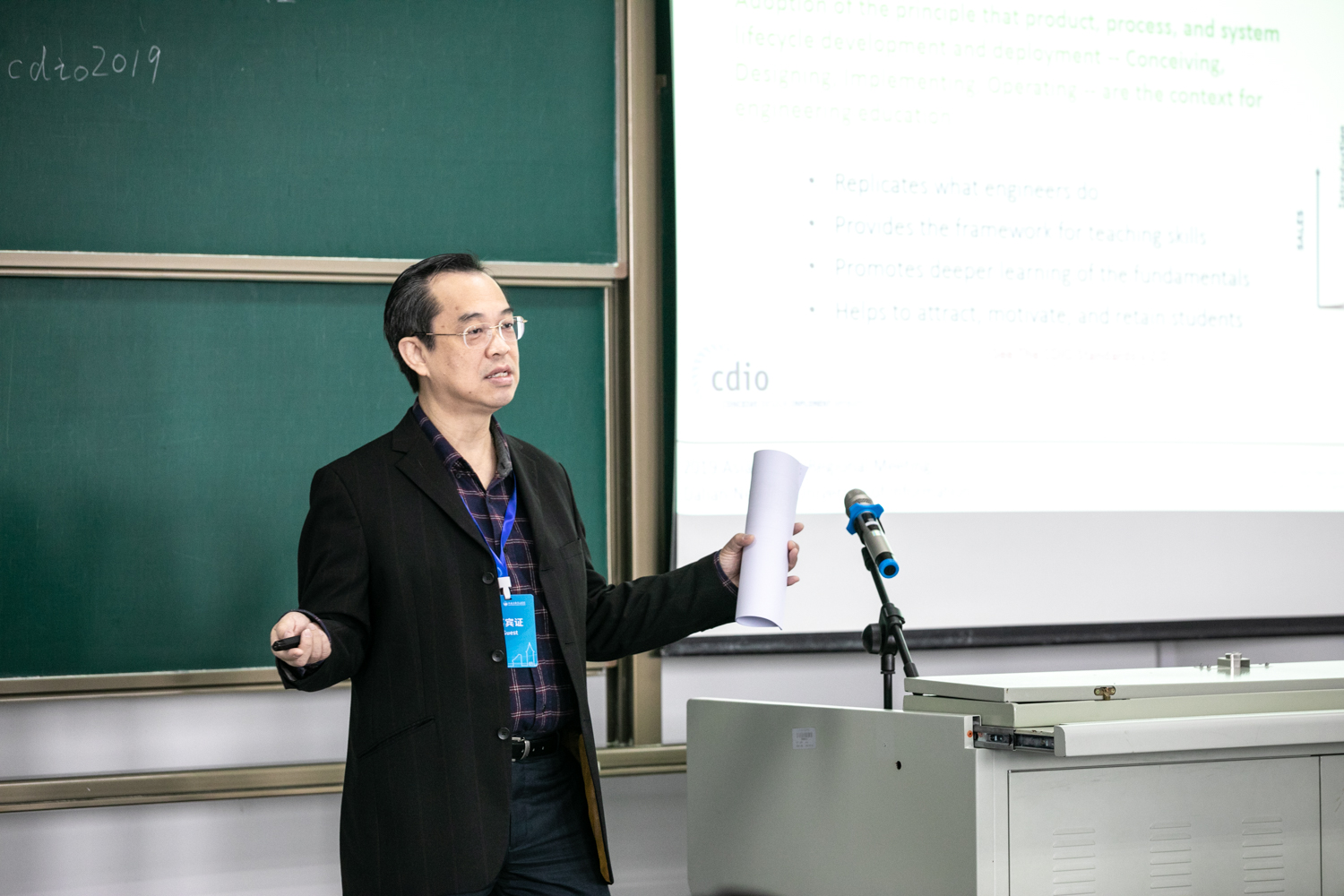
Sin Moh Cheah/ Singapore Polytechnic, Singapore/Se

Liu Zhenhua/Zhejiang University of Water Resources and Electric Power, China/a lead of discipline

Li Yingqiu/Dalian Neusoft University of Dalian, China/Dean of Business Management
Parallel Forum II: The construction of curriculum system for training engineering talents
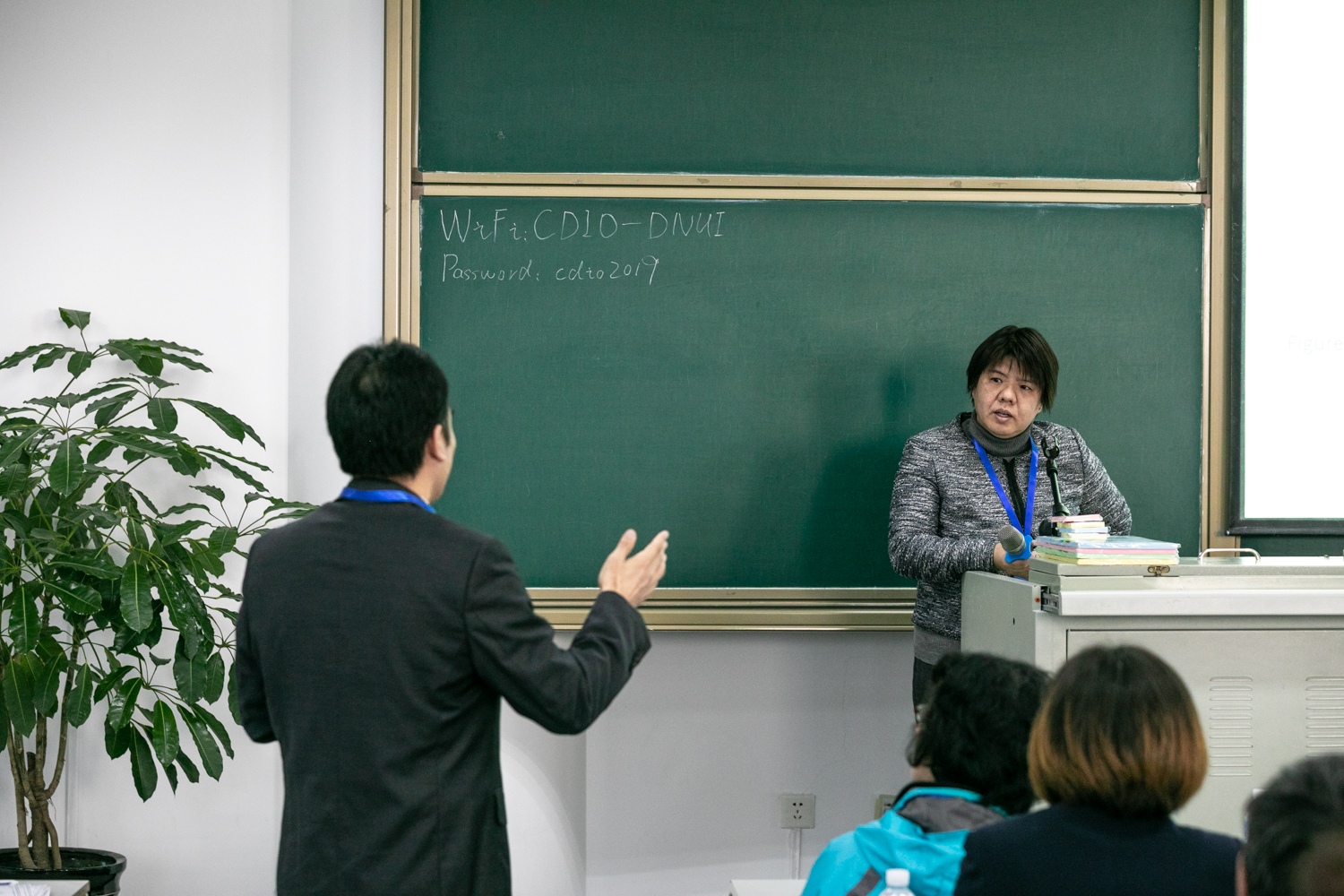
Kayoko Morishita/Oyama College, Japan/Associate Pr

Xie Xiaomei/ University Of Electronic Science And Technology Of China/ School of Aeronautics and Astronautics/Deputy Dean

SARANTUYA Sangijantsan/Mongolian University of Sci
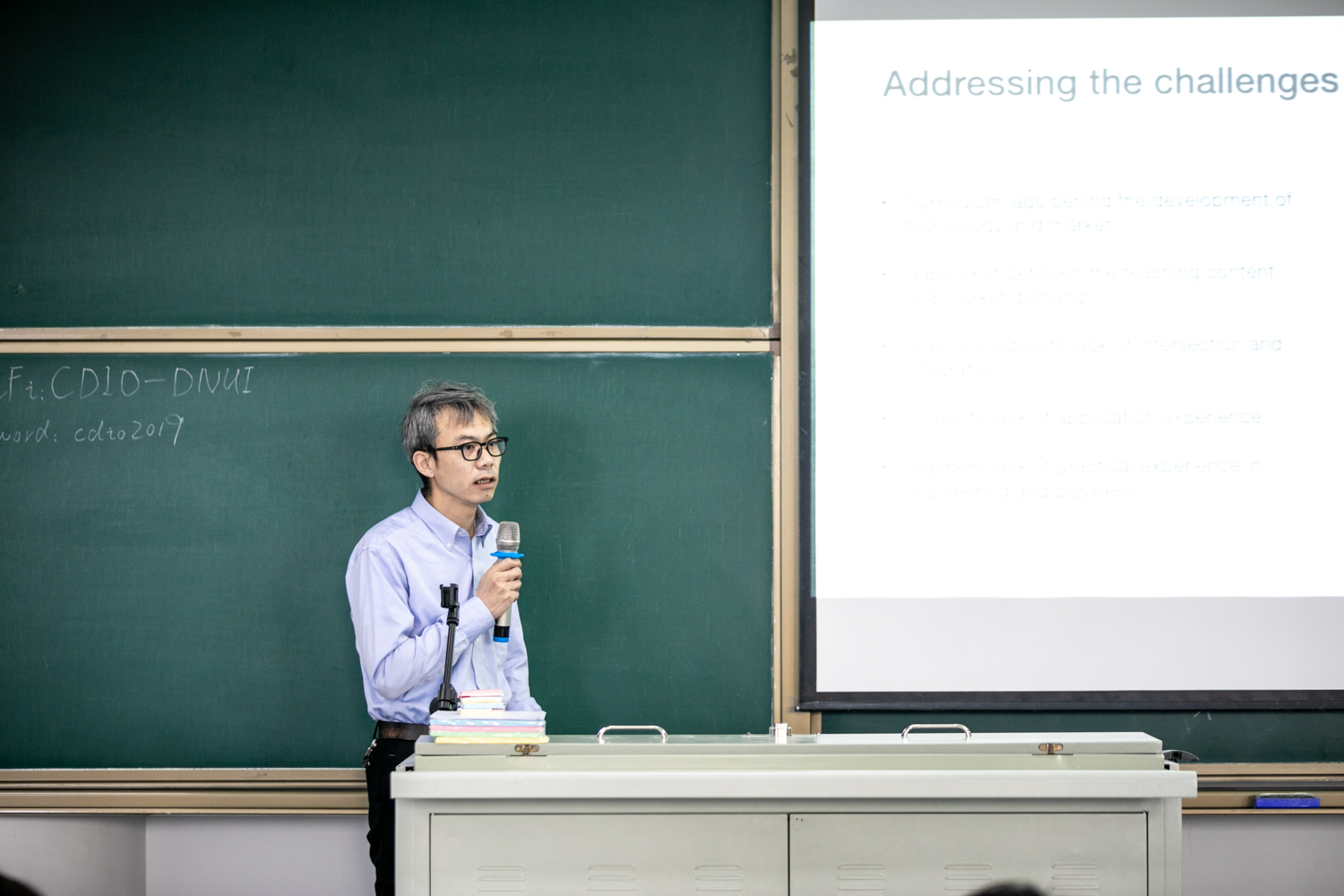
Sun Wei/Dalian Neusoft University of Dalian, China/School of Computer and Software
Parallel Forum II: University-business cooperation mechanism for cultivating engineering talents
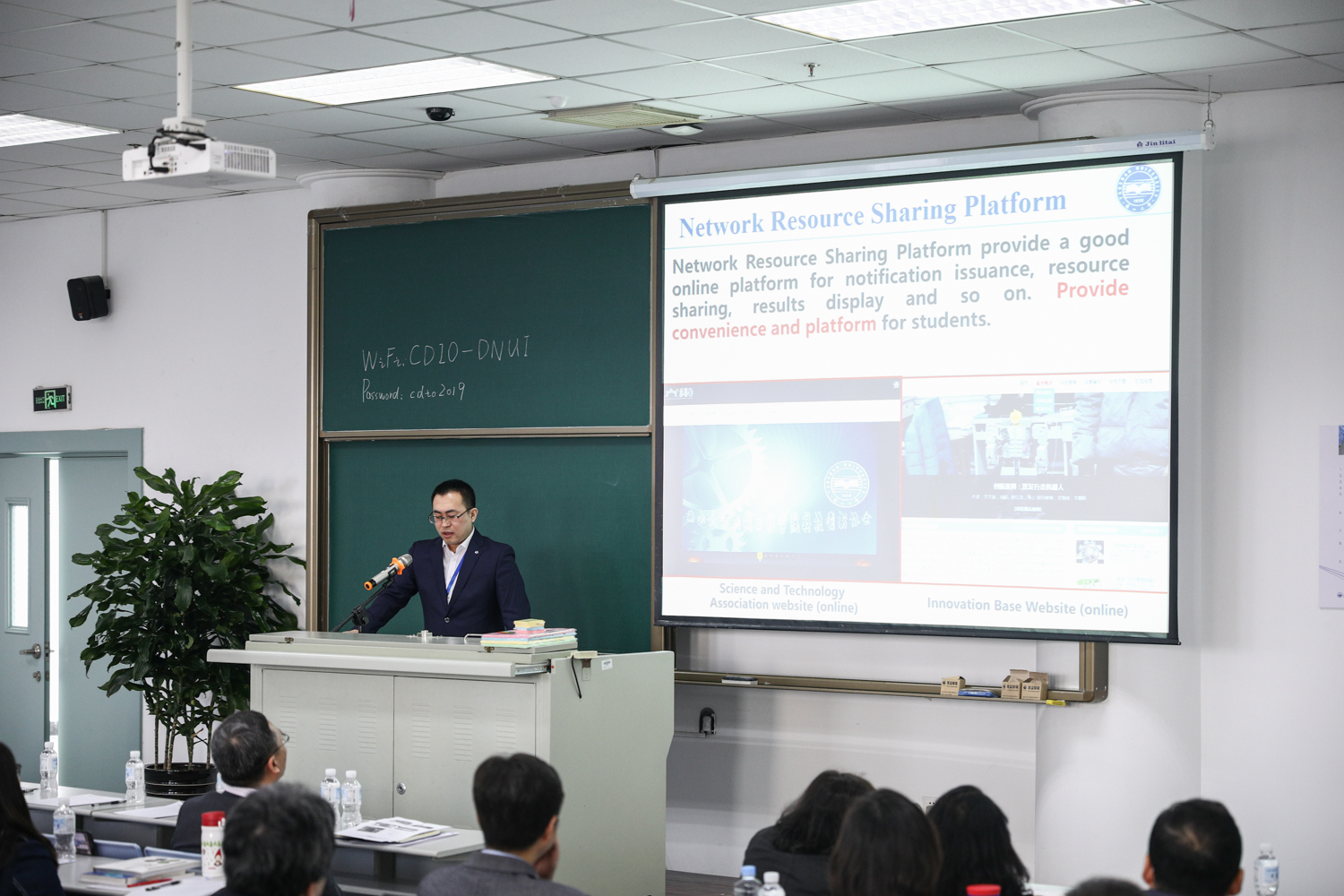
Bian Hui/Yanshan University, China/Associate Professor
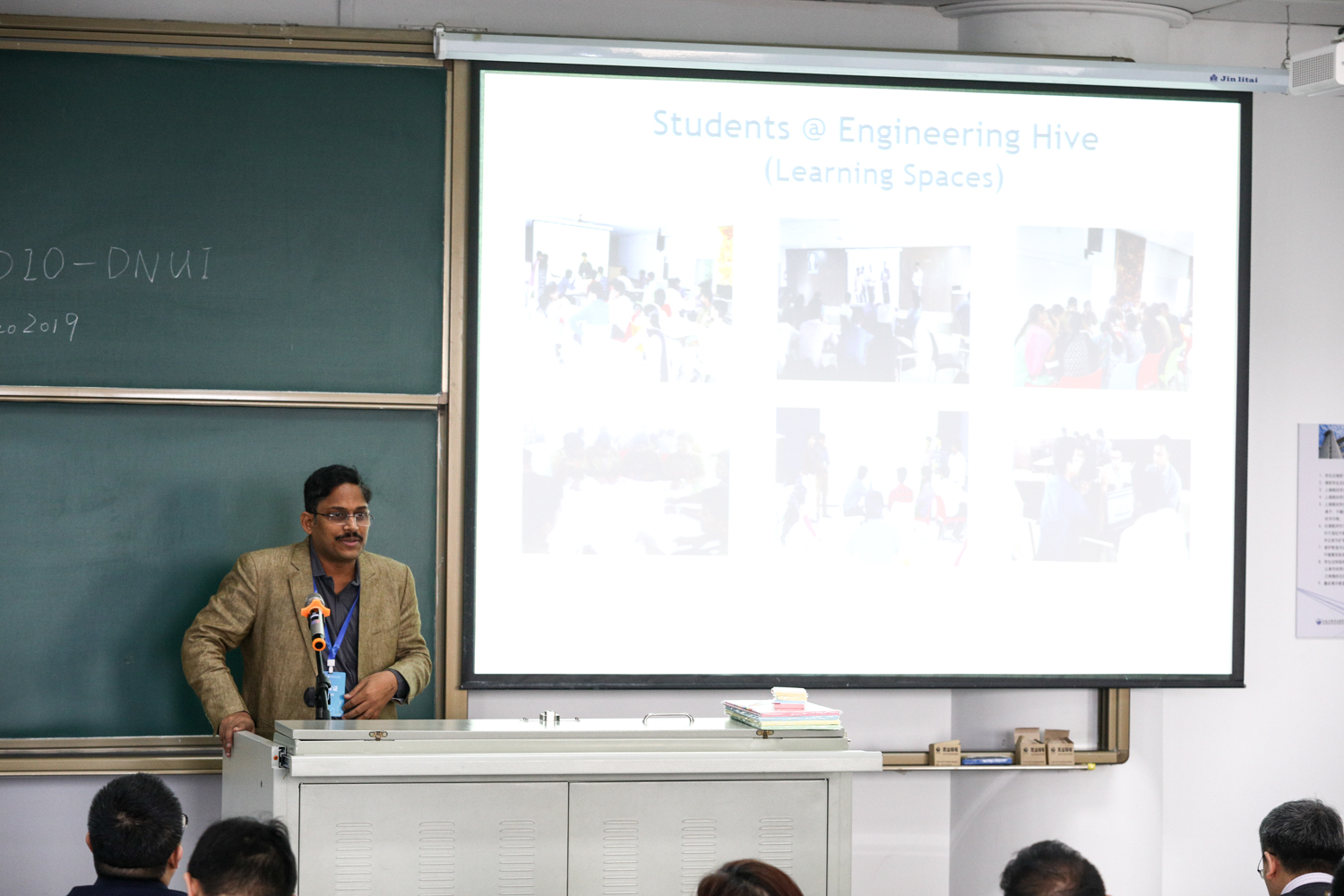
Koteswara rao Anne/Vel Tech Rangarajan Dr
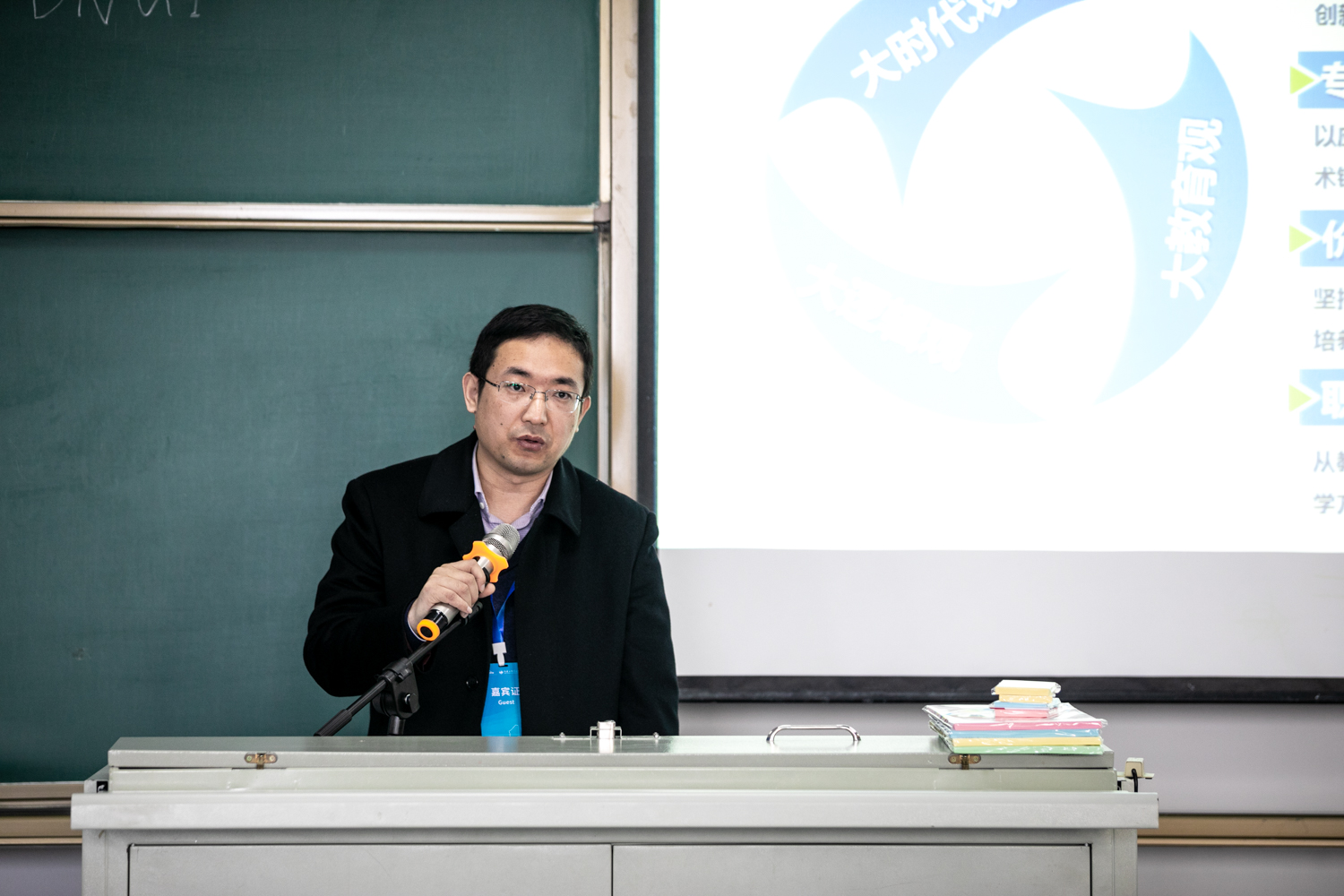
Hu Fuwen/ North China University of Technology, China/Associate Professor
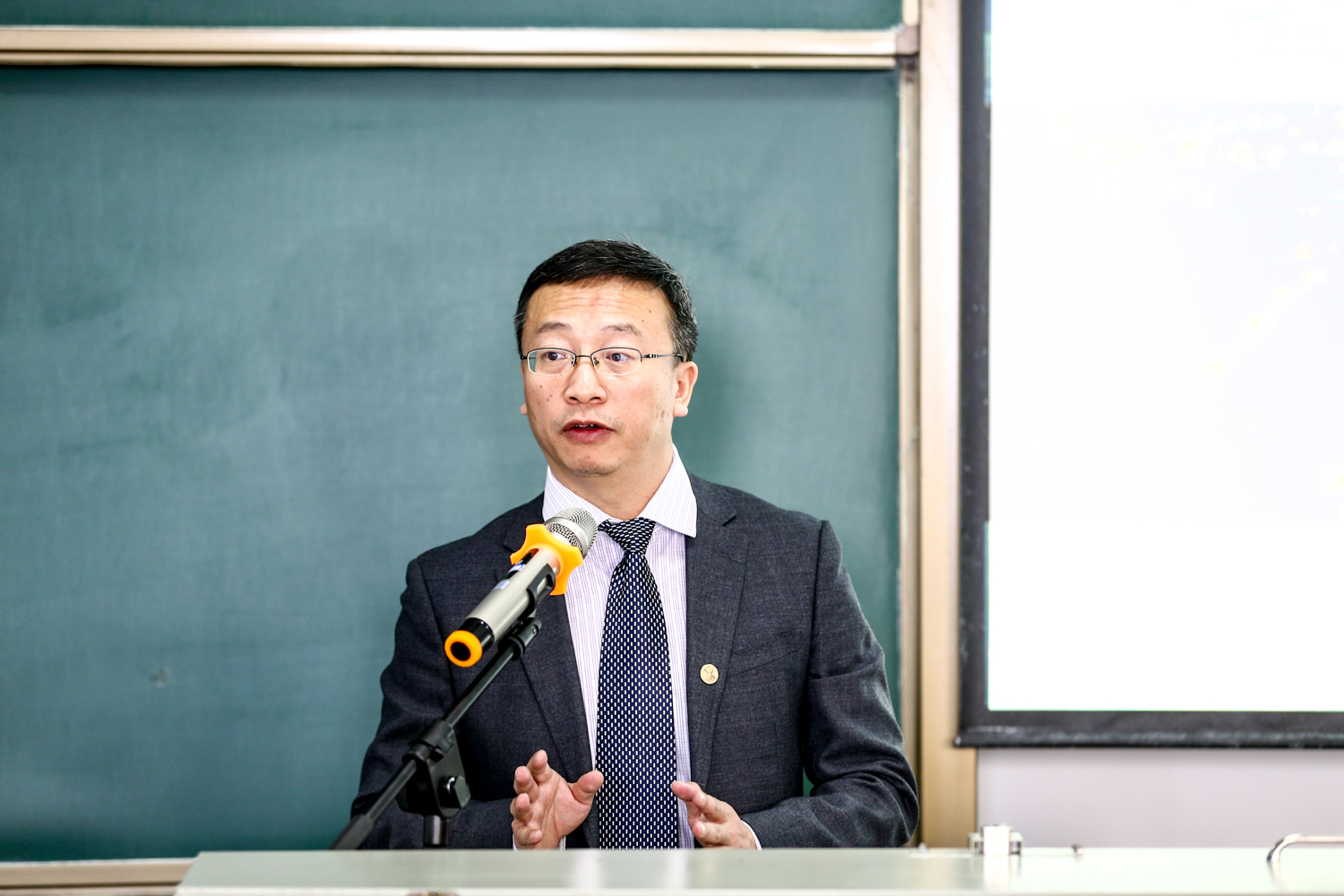
Shen Hua//Dalian Neusoft University of Dalian, China/School of Intelligence and Electronic Engineering/Dean
Parallel Forum II: The assessment of learning effects for cultivating engineering talents
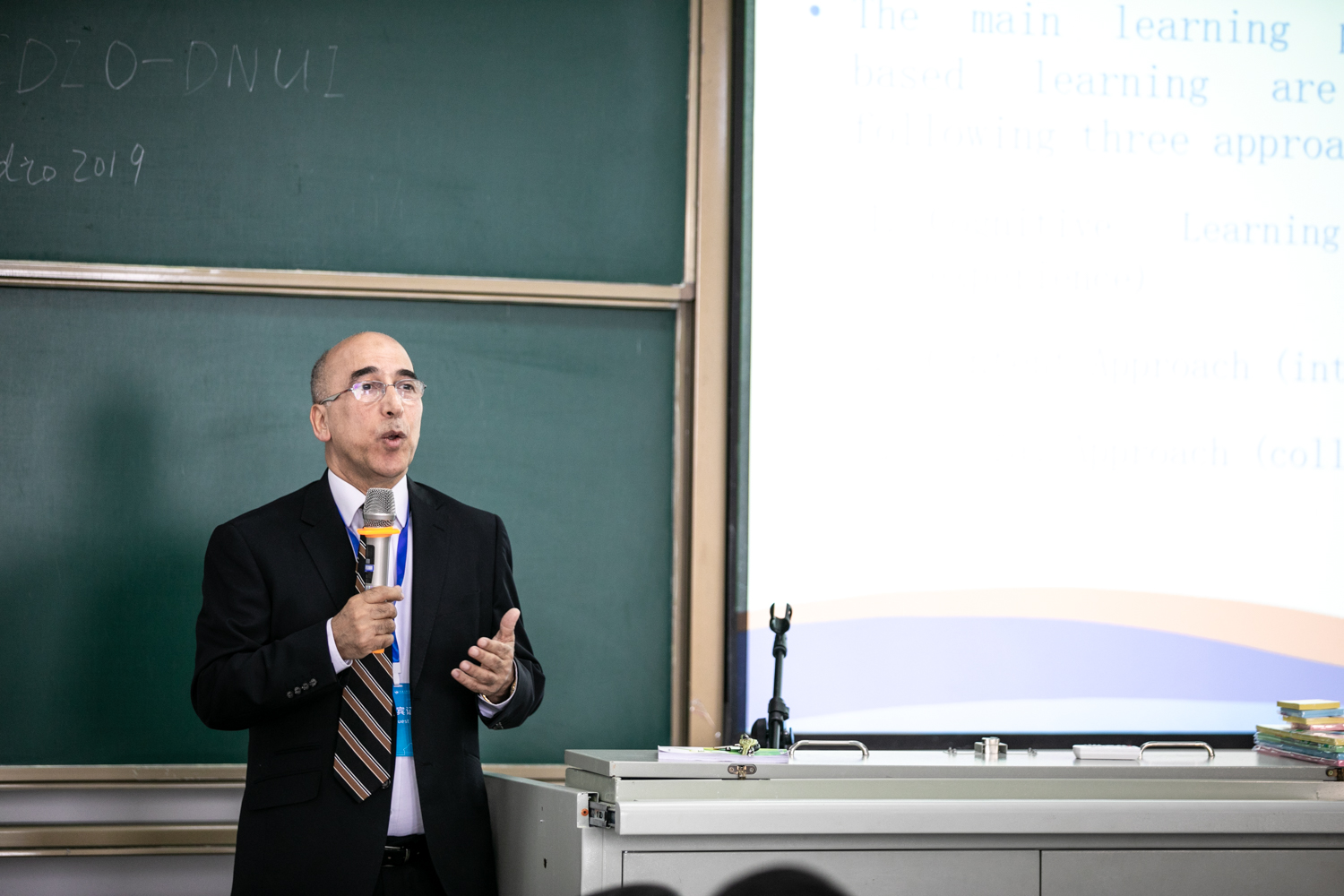
Mohammed Abdul-Niby/Australian College of Kuwait
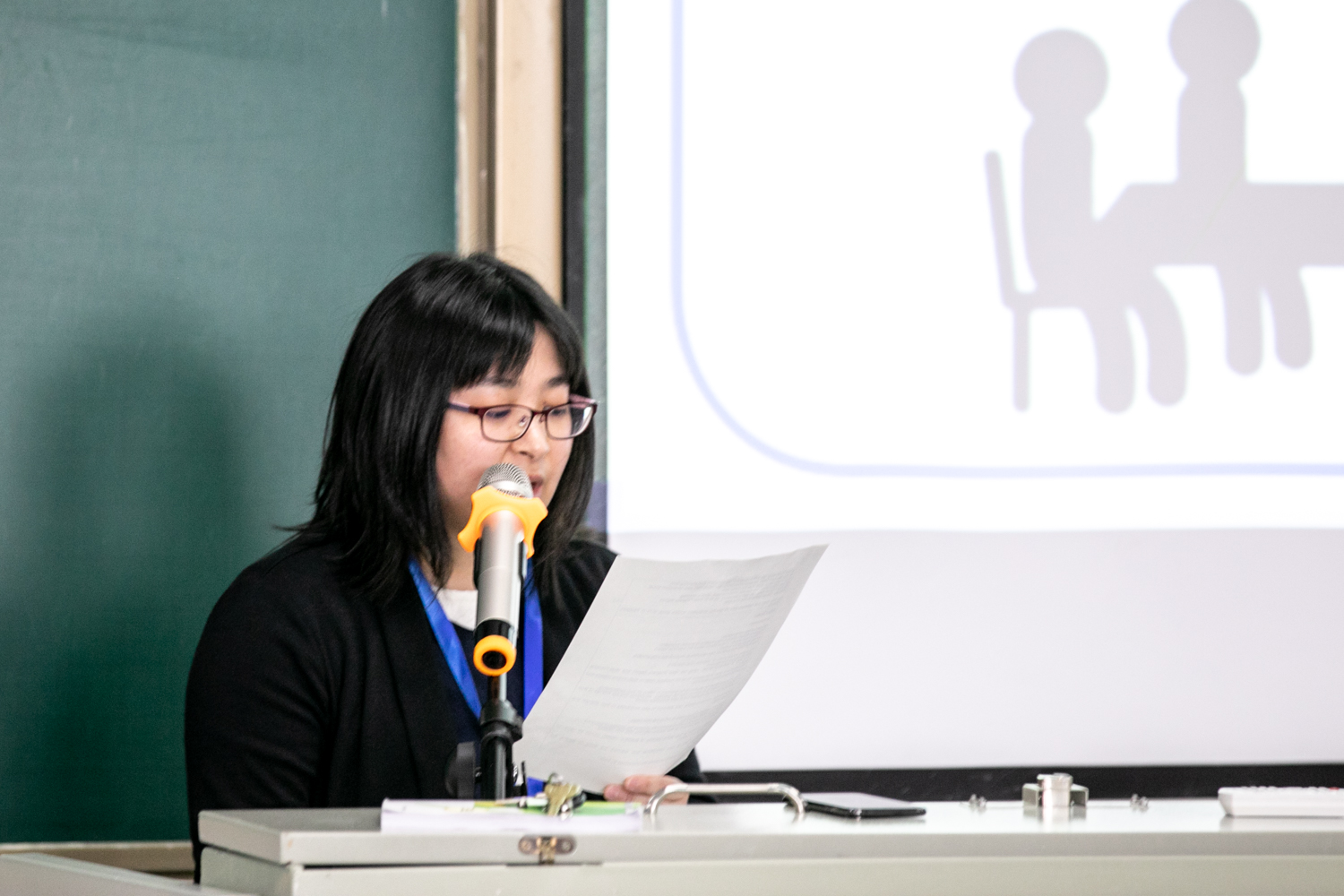
Yumi YAMAGUCHI/Tsuyama College, Japan/Associate Pr
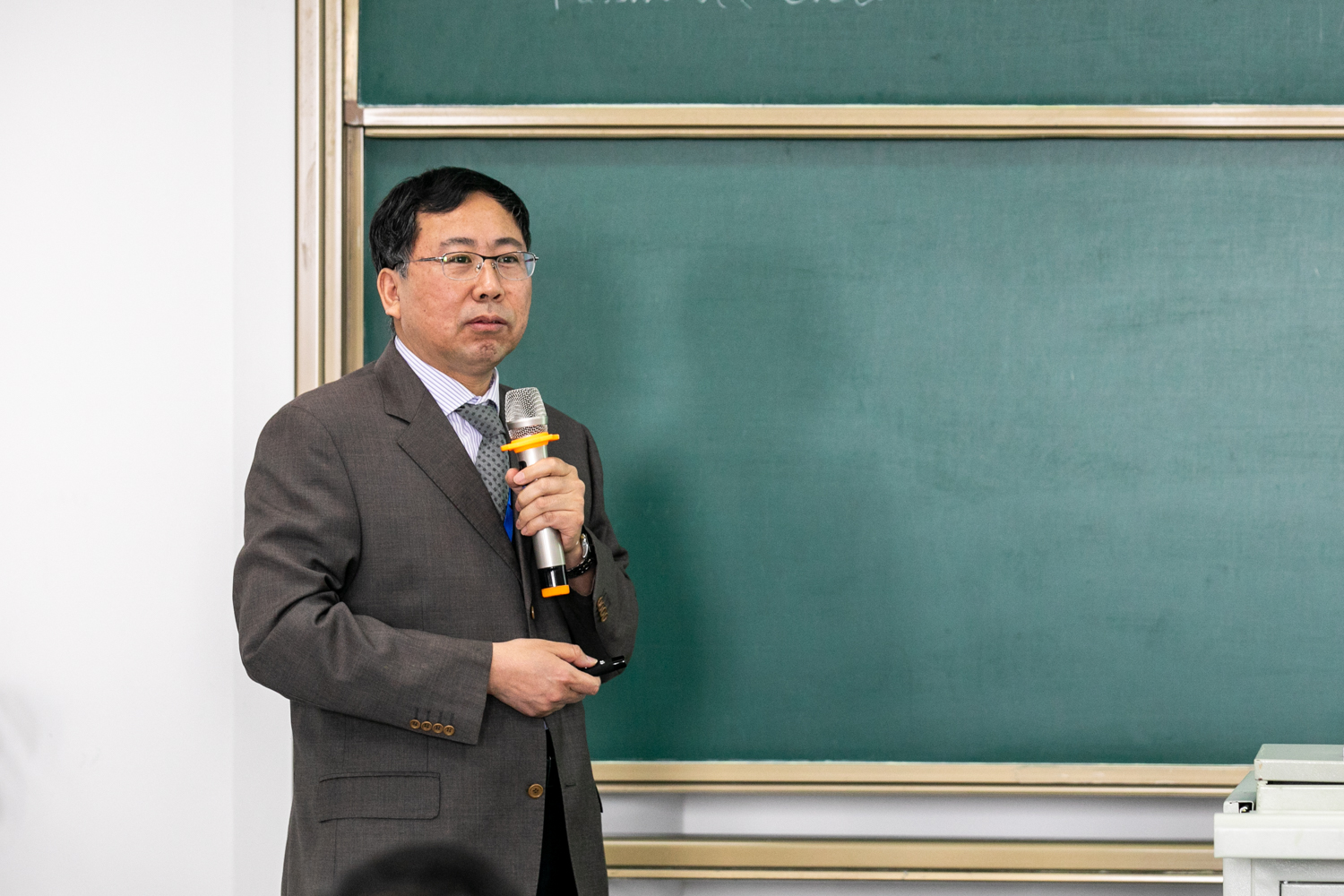
Liu Fucai/Yanshan University, China/Dean
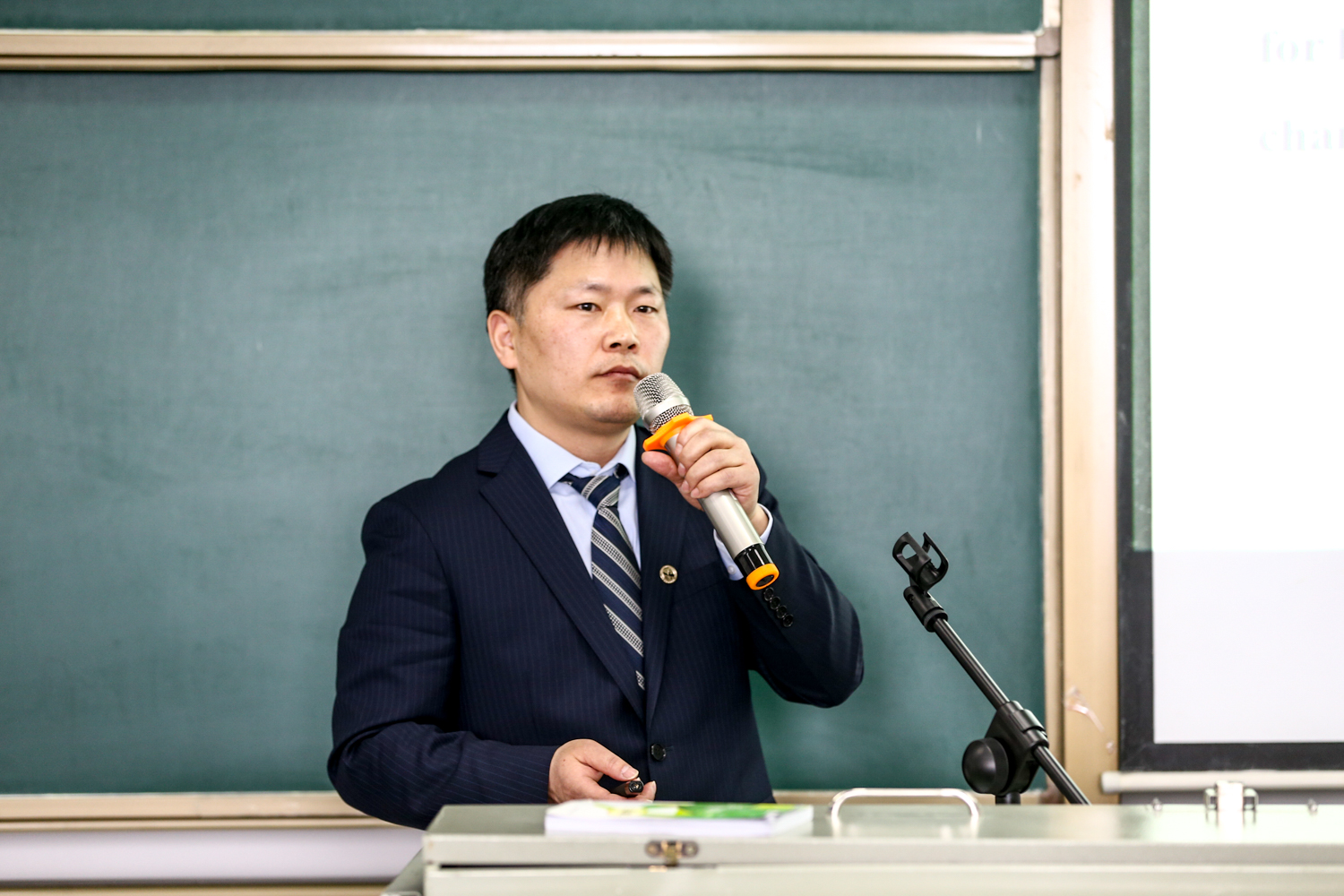
Yu Qingjun/Dalian Neusoft University of Dalian, China/School of Digital Arts and Design/Dean
CDIO special session
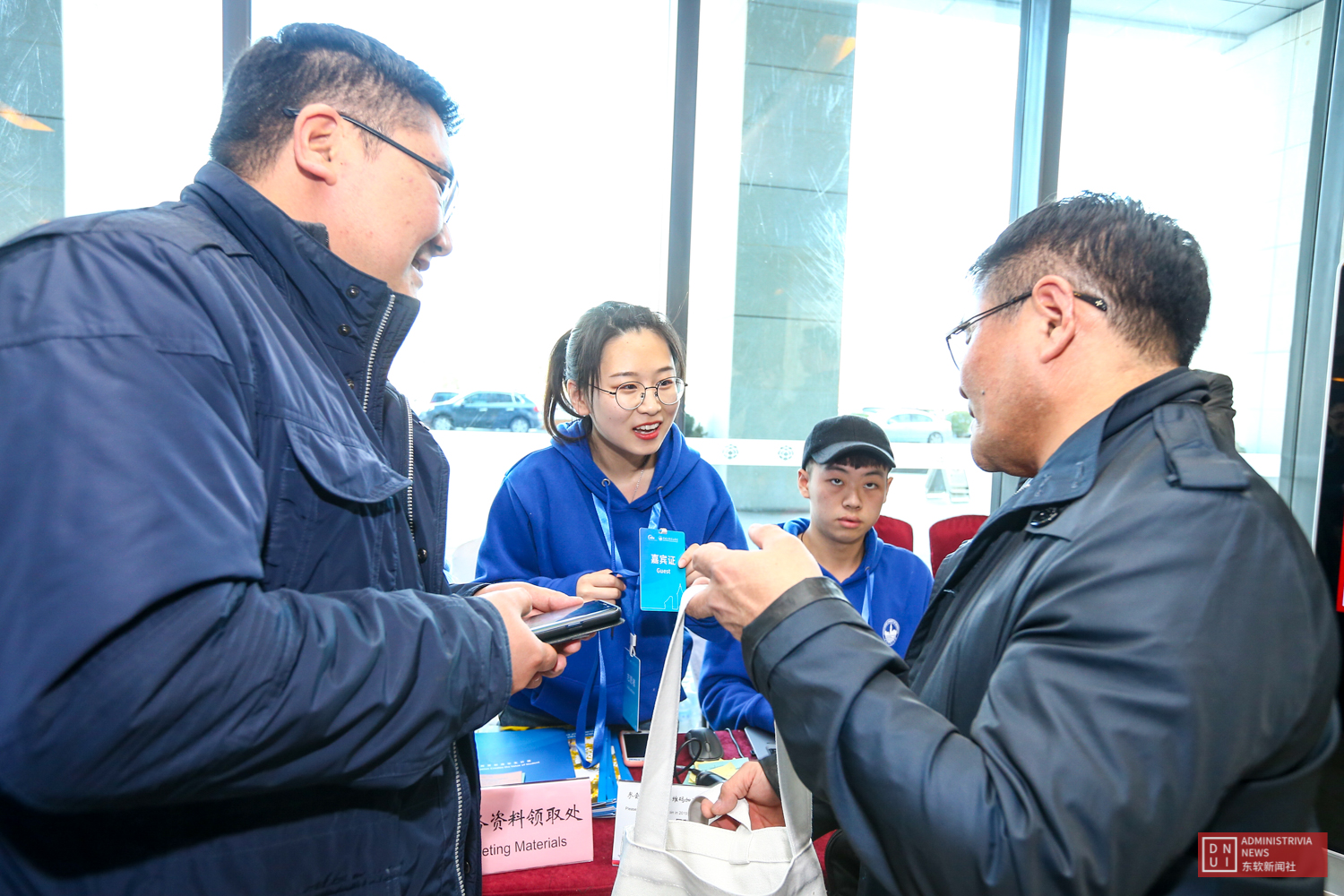
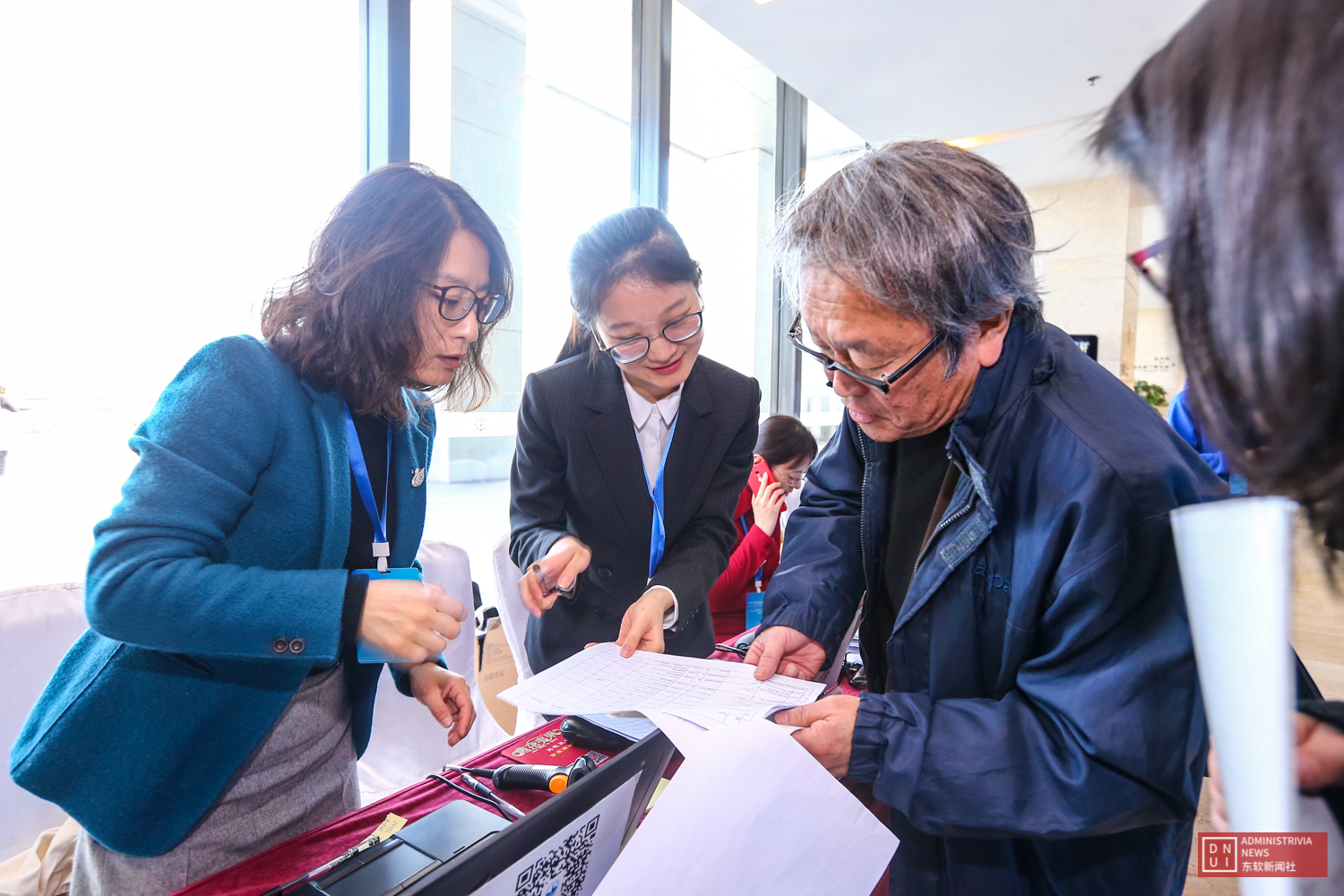
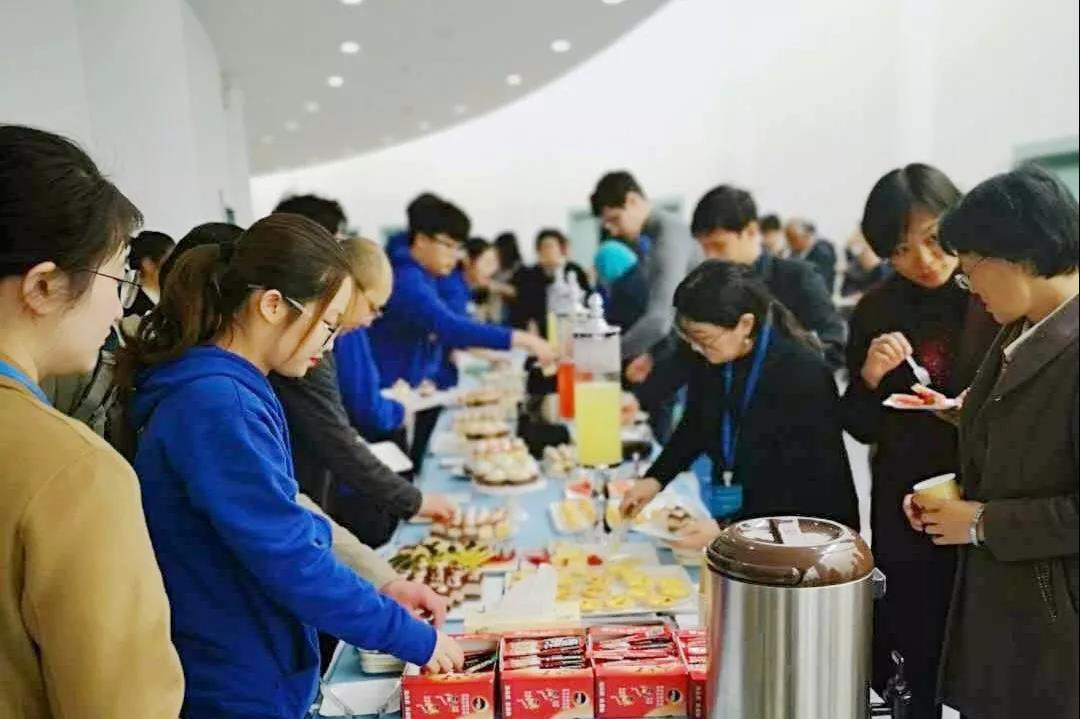
Much-praised service and logistics
In the organization of the conference, all the procedures, including registration for enrollment, reservation of catering and hotel, registration for attendance and making out the invoice, were completed online. Such conveniences as website registration and on-site code scanning, which made a difference from the old ways of return receipt and written registration for attendance, made it possible for the statistics to be updated instantly. Thus, the digital management of the affairs were more accurate and controllable.
The guests experienced information communication with a simultaneous interpreter working at the main forum and teachers from the School of Foreign Languages at the parallel forums. They also expressed appreciation for the meticulous and smooth logistics and thought highly of the organization of the conference itself. “Your teams are excellent!”, “Your volunteers are great!” and “Thank you for the good service!” were heard from time to time.
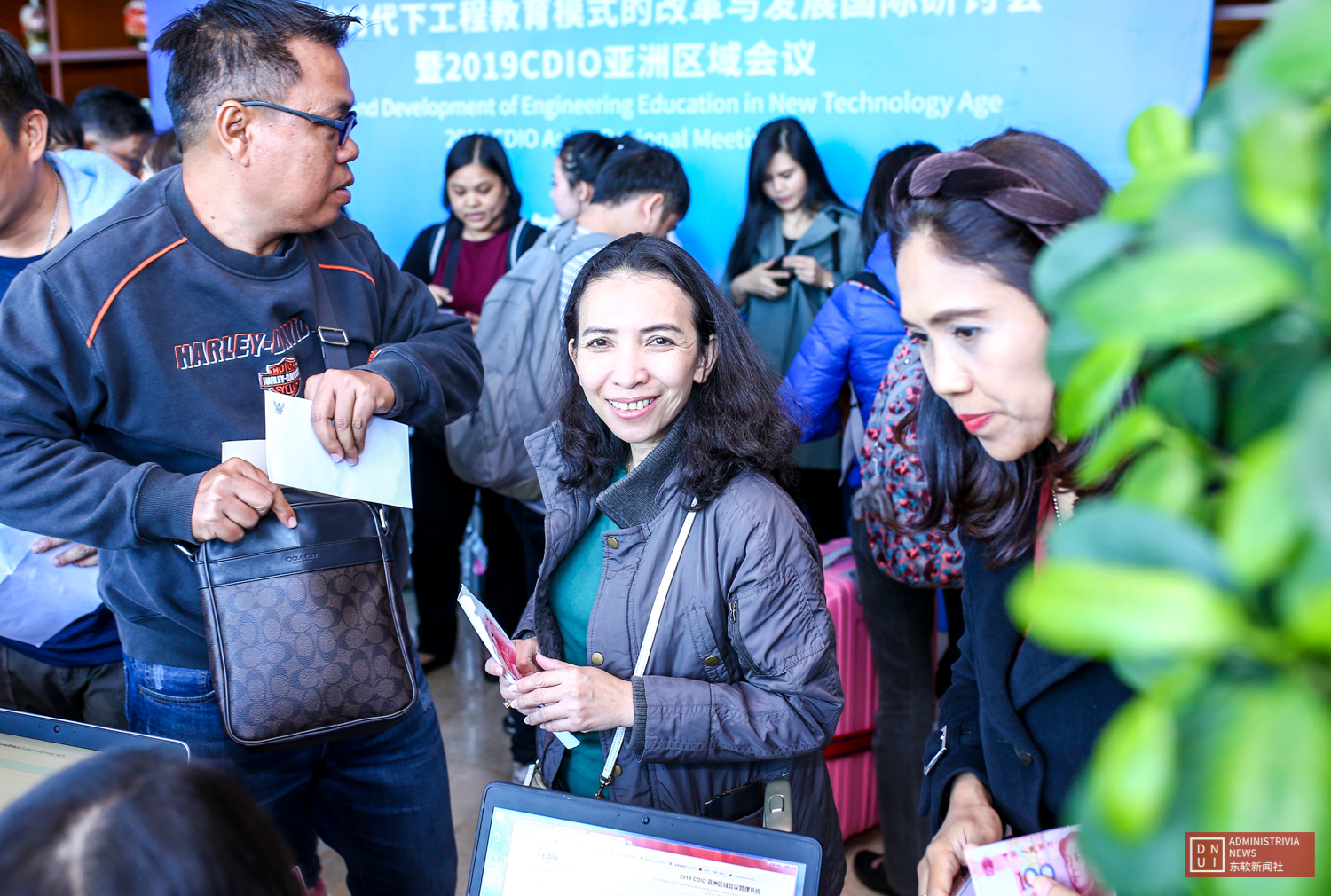

A simultaneous interpreter is working in the booth to aid instant exchange and interaction
To provide better service, DNUI teachers and students worked together to create a website devoted to CDIO and made an animation for publicity of the Asian regional conference. Those efforts underlined the instructional achievements of the university vividly and the cohesive morale of the faculty and students of DNUI in efficiently and effectively serving the conference.
Helene Leong, a representative of CDIO International Cooperation Organization: This is my first visit to Dalian. I’m deeply impressed by the beauty of the city. In my eyes, many people put forth very good ideas at the conference. New information technology, such as big data, will make the series of educational procedures of conceiving, designing, implementation and operation more scientific. DNUI has done a good job in reforming its education. Engineering instruction, which is different from traditional education, requires a good command of information technology.
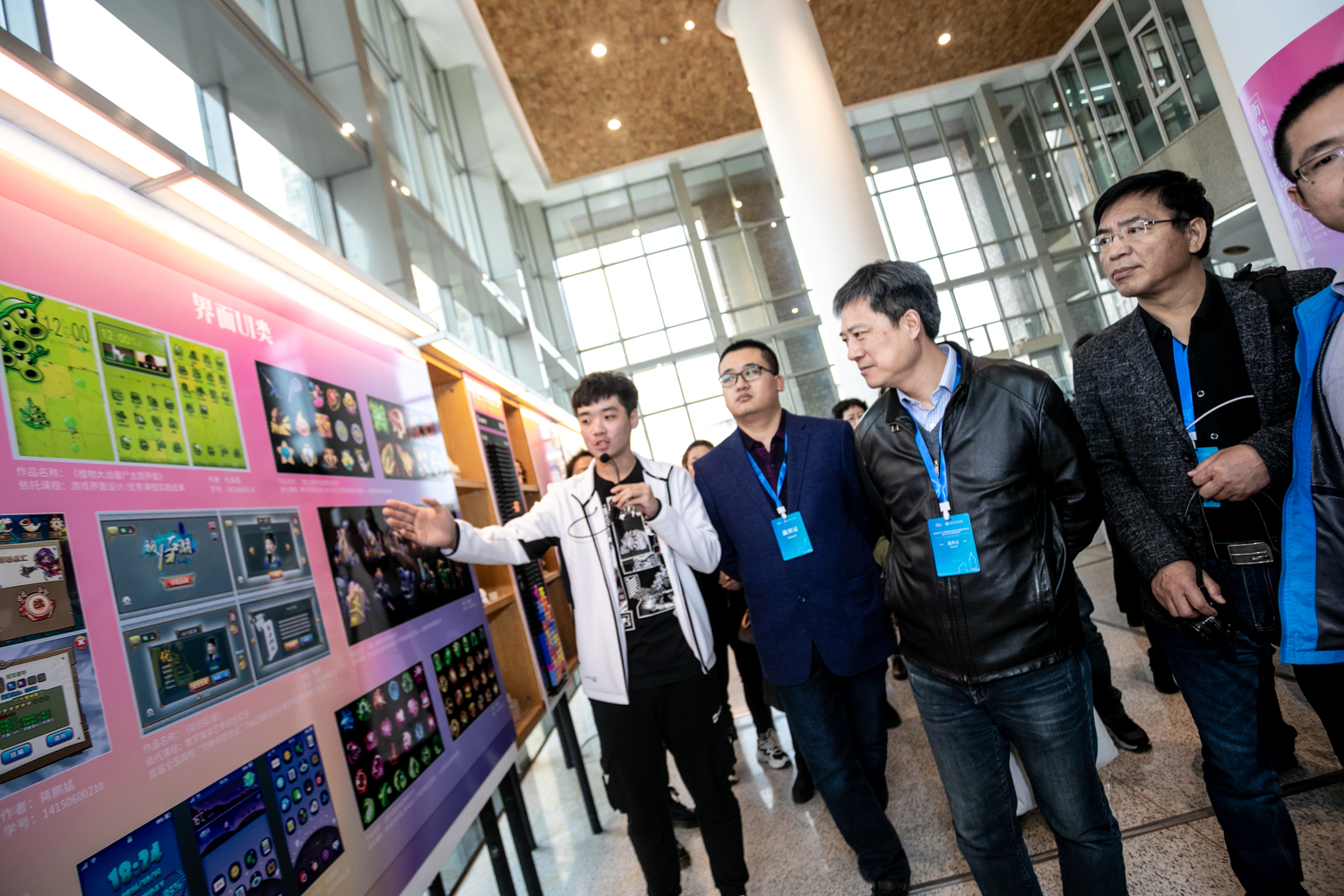
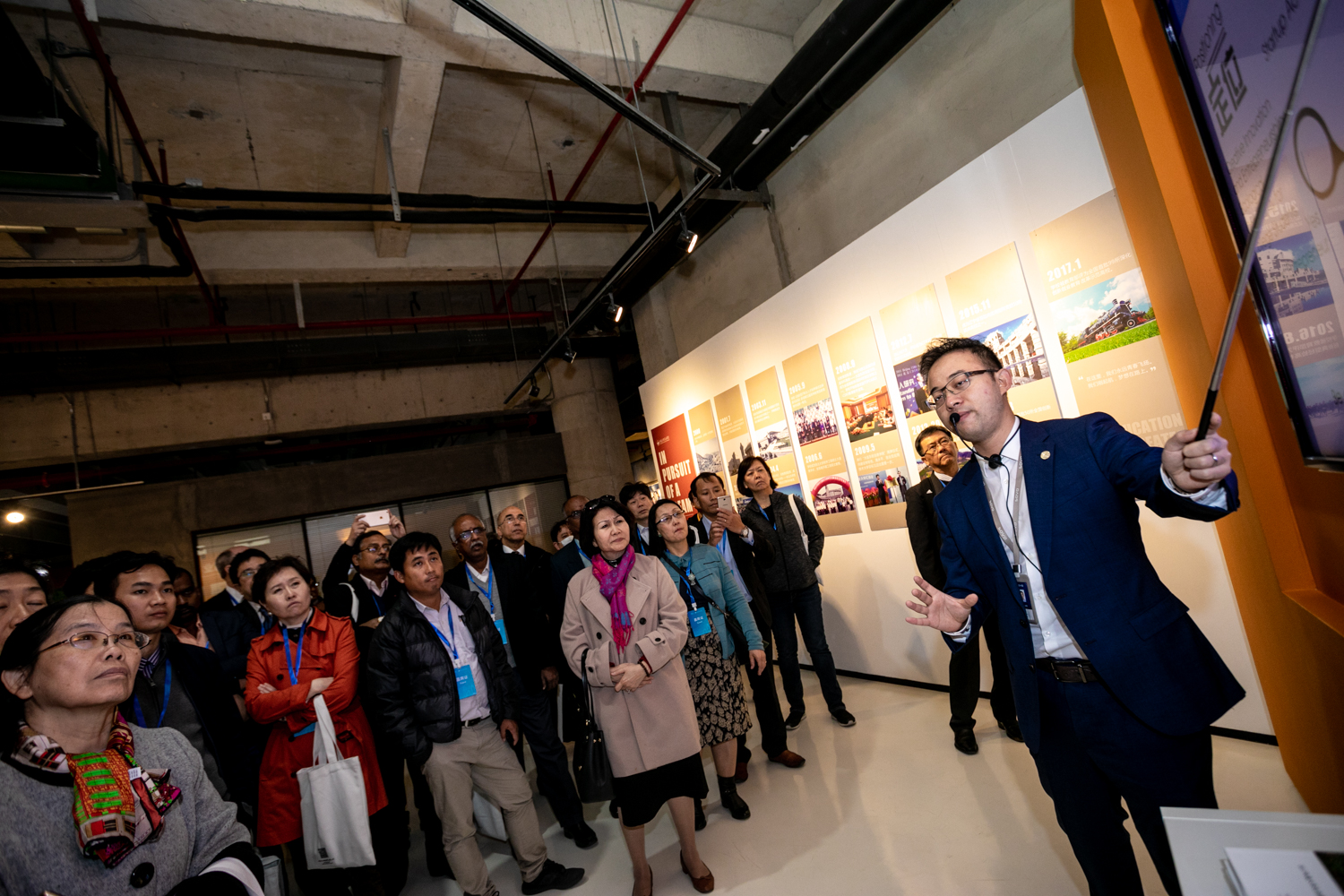
Prof. Lixue from University of Queensland: We are implementing educational exchange programs on a yearly basis. Part of our students with a GAP score of 5.5 and over come to DNUI for academic exchange. According to their feedback, they had good communications with their DNUI counterparts. I find the ties between DNUI students and businesses very close. The uniersity is also outstanding in innovation and entrepreneurship. That’s one of the reasons why our students choose to come here. I find the students of DNUI very lively. They can pick up things quickly and communicate effectively.
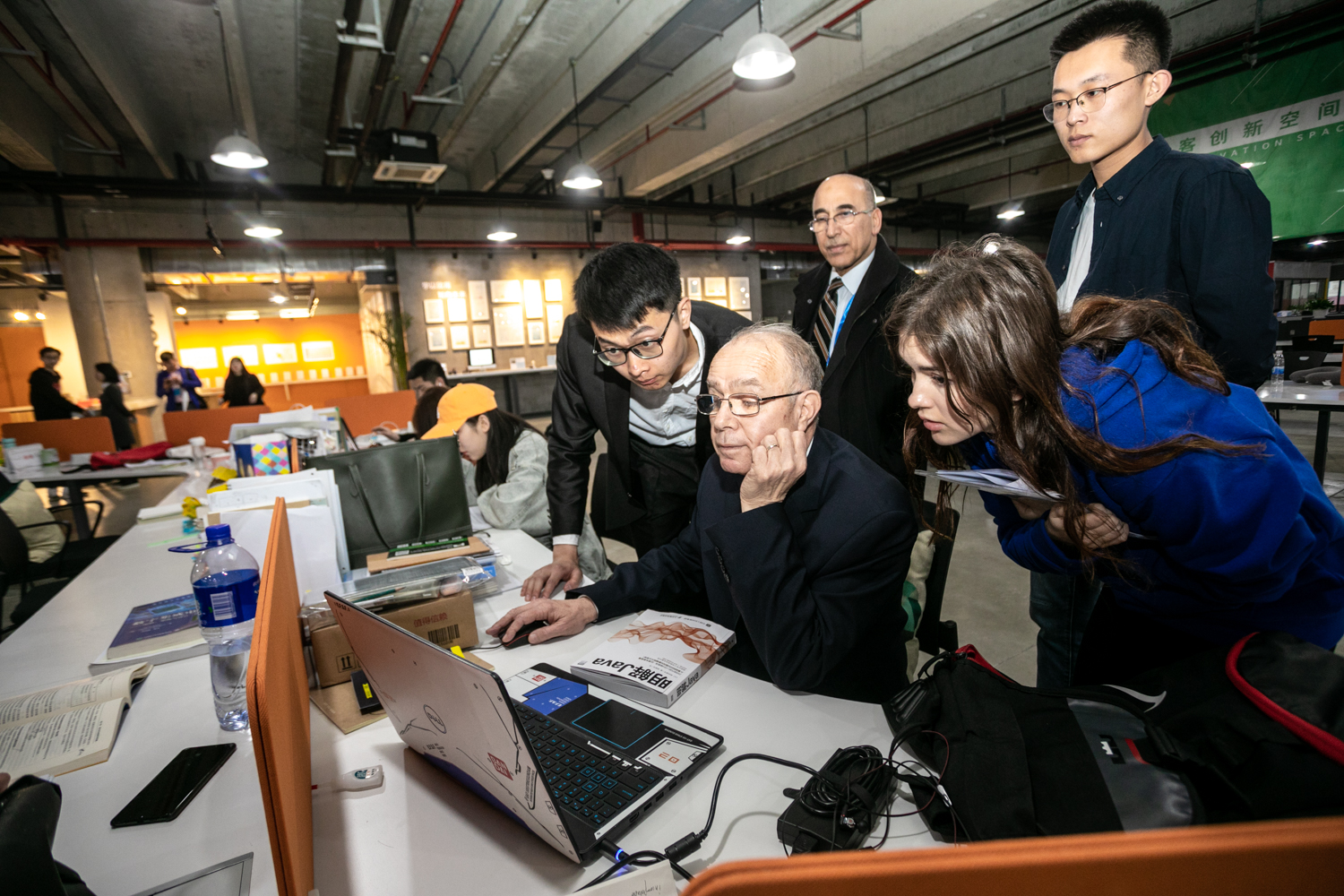
CDIO guests are shown around the campus.
Bao Nengsheng, Dean of College of Engineering of Shantou University: The campus of DNUI is very beautiful. The school leavers of this university are well received in the IT industry. When I listened to the report of president Guo, I felt that DNUI had done solid work in turning students into talented people. I have especially noted that the blended reform must be implemented in the classroom as well as each and every course. Besides, DNUI has also done well in connecting the university with industries to cultivate talents together with businesses. I remember that when I came to Dalian in 2010, I was impressed by what the university had done. Now I think it’s much better for everything.
Liu Xiaobing, Vice President of H3C University:The campus is very beautiful. The student volunteers are ready to help. The students are eager to learn. DNUI is a university we have been learning from. In terms of educational reform, DNUI has been forging ahead, updating the concept of engineering and innovating educational methods.
Hoang Viet Ha/FPT University,Vietnam/Vice President of FPT Education:The structures of the campus are unique and impressive. The university has close links with businesses. I have specially noted that many girls are learning science. That’s very different from the situation in our country. The educational mode of TOPCARES put forward by DNUI is very interesting to me because it stresses the practical abilities on the part of the students. And the criteria for assessment are complete. Our university has borrowed lessons from Japanese universities. Now we find there is much for us to learn from TOPCARES considering the shared culture between China and Vietnam.
The educational mode and achievements of DNUI have been well received by the experts attending the conference. The organization of the event has been positively approved of. A range of media, including Guang Ming Daily, China News Agency, Ta Kung Pao, Liaoning TV, Liaoning Daily,Dalian TV, Dalian Evening, Peninsula Morning, Dalian Release, Sina Dalian, Touring Dalian and runsky.com, have covered the educational pageant.

